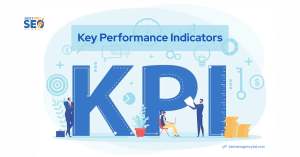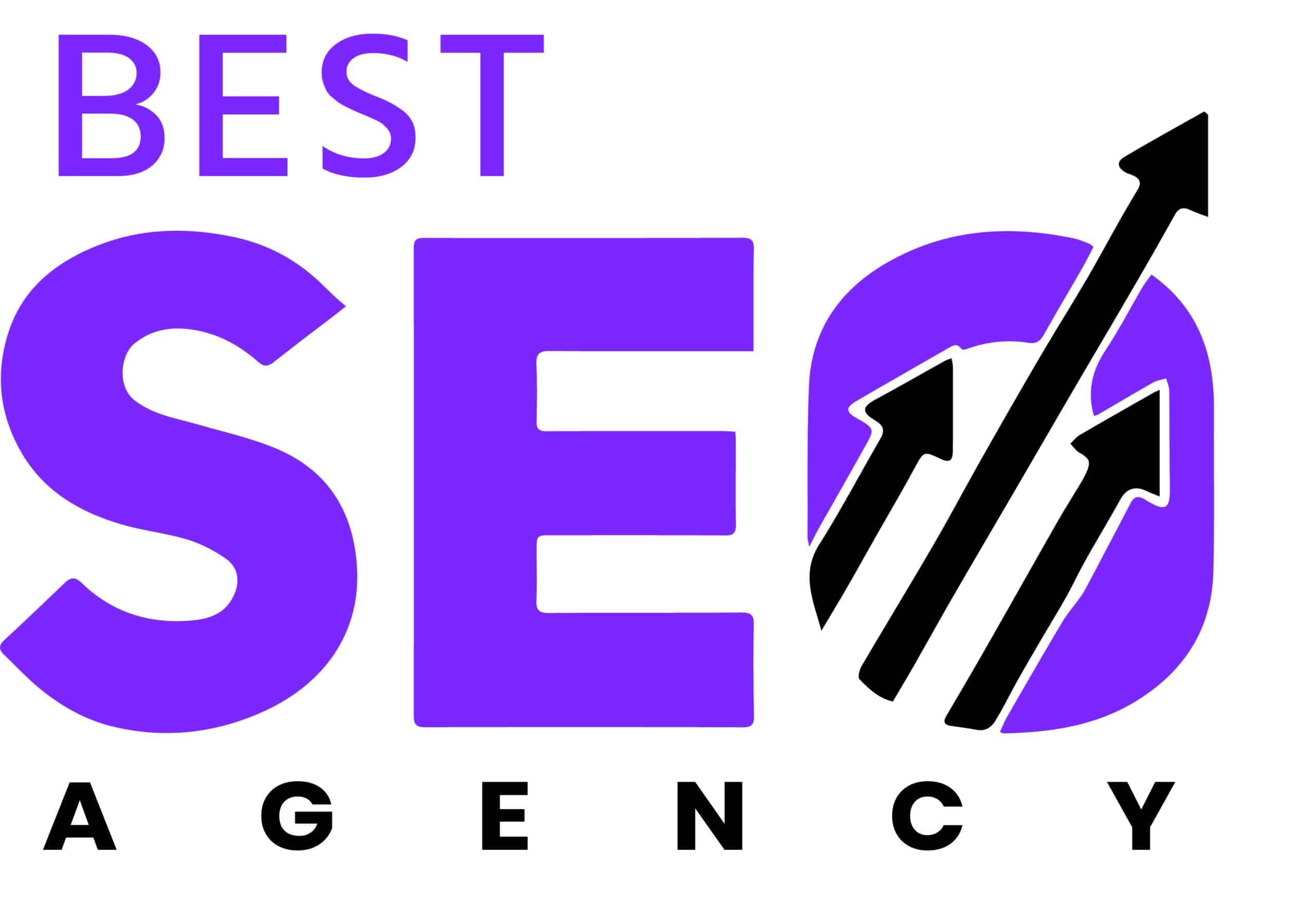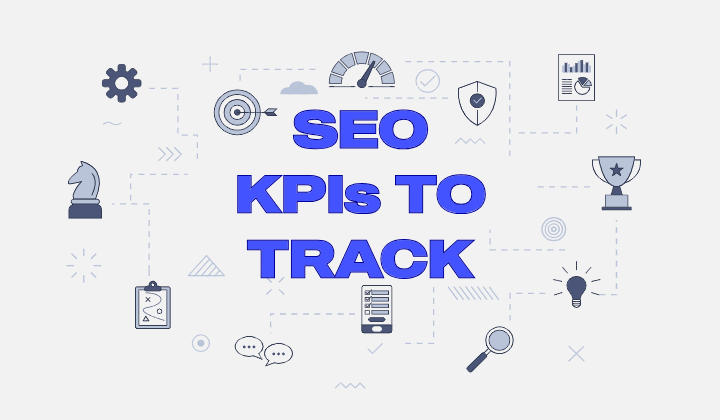
When it comes to measuring the success of your SEO efforts, Key Performance Indicators (KPIs) are essential. Without the right KPIs, you’re essentially navigating without a map — unsure if your SEO strategies are working or wasting valuable resources.
In this blog, we’ll explain what SEO KPIs are, why they’re crucial for your business, and which ones you need to track to achieve long-term organic growth. We’ll also cover templates, tools, and expert tips to make your SEO measurement more strategic and effective.
What Are SEO KPIs?
SEO KPIs (Search Engine Optimization Key Performance Indicators) are specific metrics used to track and measure the effectiveness of your SEO campaigns. These indicators help you understand how well your website is performing in search engines and whether your strategies are driving the right results — such as increased traffic, better rankings, higher engagement, and more conversions.
Why Are SEO KPIs Important?
Without KPIs, it’s impossible to prove the return on investment (ROI) of your SEO efforts. KPIs:
- Help you align SEO activities with business goals
- Track progress over time
- Identify opportunities and problem areas
- Justify SEO investments to stakeholders or clients
Essential SEO KPIs to Track
Here are the most important SEO KPIs every business should monitor:
1. Organic Traffic
This shows how many visitors are coming to your site through unpaid search results. Use tools like Google Analytics to track organic traffic trends over time.
2. Keyword Rankings
Track the position of your target keywords in Google SERPs. Consistent ranking improvements are a sign of effective SEO.
3. Click-Through Rate (CTR)
CTR measures how often people click your website after seeing it in search results. A low CTR may suggest your title or meta description needs improvement.
4. Bounce Rate
This indicates how many users leave your site after viewing only one page. High bounce rates could point to irrelevant content or poor user experience.
5. Pages Per Session
This KPI reflects how engaging your content is. If users are exploring multiple pages, it means your internal linking and content flow are working well.
6. Conversion Rate from Organic Traffic
Beyond traffic, conversions matter most. Track how many visitors from organic search complete desired actions like form submissions, purchases, or signups.
7. Domain Authority (DA)
While not a Google ranking factor, DA (from tools like Moz or Ahrefs) gives you an idea of how strong your site is in comparison to competitors.
8. Backlinks and Referring Domains
Track how many quality backlinks you’ve earned and from how many unique domains. These signals strongly influence SEO performance.
9. Page Load Time
Google considers site speed a ranking factor. Monitor load times to ensure fast performance and better UX.
10. Indexed Pages
Check how many of your pages are indexed by Google. If important pages are missing, your content isn’t being found or ranked.
What Makes a Good SEO KPI?
Not all KPIs are created equal. An effective SEO KPI should meet the following criteria:
- Measurable: You should be able to track it with tools like Google Analytics or Search Console.
- Actionable: The data should help you make decisions (e.g., whether to improve a page or invest more in link-building).
- Aligned with Business Goals: Whether you’re focused on brand awareness or direct conversions, your KPI must reflect that.
- Time-bound: You should track progress over weeks or months for meaningful insights.
SEO KPI Templates and Dashboards
Tracking KPIs doesn’t have to be complex. Use SEO reporting templates or dashboards to organize and visualize your data efficiently.
Recommended Tools for KPI Tracking:
- Google Analytics 4 – For traffic, behavior, and conversion tracking
- Google Search Console – For impressions, clicks, and keyword queries
- SEMrush or Ahrefs – For rank tracking, backlinks, and competitor analysis
- Looker Studio (formerly Google Data Studio) – To build visual dashboards with custom metrics
SEO KPIs vs. Vanity Metrics
It’s easy to get distracted by numbers that look good but don’t impact your bottom line. Let’s break down the difference:
| Vanity Metrics | True SEO KPIs |
|---|---|
| Page Views | Organic Sessions |
| Total Impressions | Click-Through Rate (CTR) |
| Facebook Likes | Conversions from Organic Search |
| Bounce Rate (alone) | Pages Per Session + Engagement |
| Keyword Rankings (alone) | Keyword Ranking + Traffic Volume |
Vanity metrics may offer surface-level insight, but strategic SEO KPIs are tied directly to revenue growth and ROI.
How to Set Realistic SEO Goals Based on KPIs
A strong KPI strategy starts with clear goal setting. Use the SMART framework:
- Specific: “Increase organic traffic to service pages by 25%.”
- Measurable: Use tools like SEMrush or Looker Studio.
- Achievable: Based on your niche/competition.
- Relevant: Tied to your overall business goals.
- Time-bound: “Within the next 6 months.”
Technical SEO KPIs to Monitor
Technical SEO ensures that your website is crawlable, indexable, and optimized for performance. Key technical KPIs include:
- Crawl Errors – Fixing 404s, broken links, or inaccessible pages
- Mobile Usability – Ensuring your site is mobile-friendly
- Core Web Vitals – Google’s user experience signals: LCP, FID, CLS
- HTTPS Security – A secure website is now a must for SEO
- XML Sitemap & Robots.txt Health – Assists in efficient crawling and indexing
How to Track KPIs for SEO
- Define Clear Goals Start with your business objectives. Are you aiming for leads, sales, traffic, or awareness?
- Select Relevant KPIs Don’t track everything. Choose KPIs that align directly with your goals.
- Use Reliable Tools Google Analytics, Search Console, and third-party SEO platforms like Moz or SE Ranking are essential.
- Monitor Regularly Weekly or monthly reporting ensures you’re catching trends early and making timely adjustments.
How SEO KPIs Impact Business Decisions
KPIs translate SEO data into business insight. They help you:
- Understand what’s working and what’s not
- Allocate budget to high-performing content or campaigns
- Set measurable goals for your SEO team
- Make data-driven decisions to improve performance
How Google Business Profile (GBP) Affects SEO KPIs
For local businesses, Google Business Profile is critical. Here’s how GBP contributes to your key performance indicators:
- Local Keyword Ranking: Appear in map packs for queries like “best dental clinic near me.”
- Call Tracking: Monitor phone calls generated through GBP.
- Customer Engagement: Track review ratings, messages, and directions requests.
- CTR & Impressions: See how often users view and interact with your GBP listing.
Make sure your business info, categories, photos, and reviews are fully optimized.
SEO KPIs Across the Funnel
To improve your digital marketing and SEO success, your KPIs should align with your customer journey:
- Top of Funnel (Awareness):
- Search visibility
- Impressions
- Branded vs. non-branded traffic
- Middle of Funnel (Consideration):
- Engagement metrics
- Page views per session
- Scroll depth
- Returning users
- Bottom of Funnel (Conversion):
- Goal completions
- Conversion rate from organic search
- Phone calls/form submissions
How to Use SEO Tools for Better KPI Tracking
Tracking your SEO KPIs manually is nearly impossible without the right tools. Thankfully, SEO platforms offer real-time insights, automation, and customizable dashboards that help you make data-driven decisions. Here’s how popular tools can elevate your SEO KPI tracking:
Google Analytics 4 (GA4)
GA4 is a cornerstone tool for tracking user behavior and SEO performance. Key SEO KPIs you can monitor here include:
- Organic traffic volume (sessions, users)
- Bounce rate and engagement time
- Goal conversions and funnel performance
- Top landing pages for organic users
- User journeys from search to conversionPro tip: Set up organic traffic filters to isolate SEO performance from other sources.
Google Search Console
Search Console offers insights directly from Google about how your site performs in search results:
- Search impressions and clicks
- Average position for keywords
- Click-through rate (CTR) per page
- Indexing status and crawl issues
- Mobile usability and Core Web VitalsWhy it matters: It shows exactly how users are finding your site on Google and which queries drive traffic.
SEMrush / Ahrefs
These premium tools provide deeper competitive analysis and technical SEO monitoring:
- Keyword rankings over time
- Backlink growth and quality
- Site health audits
- Content gap analysis
- Domain authority and traffic estimationsUse Case: Combine Ahrefs for backlinks and SEMrush for technical site audits and keyword tracking.
Google Ads (for ROI Benchmarking)
While not an SEO tool per se, Google Ads lets you compare paid vs. organic performance:
- Cost per click vs. SEO ROI
- Conversion value comparisons
- Landing page performance by sourceInsight: Helps determine whether to invest more in SEO or paid campaigns based on performance.
Looker Studio (formerly Data Studio)
Build custom dashboards that combine data from multiple sources into one report. You can track:
- KPI trends over time
- Channel comparisons
- Organic vs. paid goals
- Real-time client reportsBonus: It’s free, flexible, and great for agencies or businesses managing multiple sites.
Improving Low-Performing KPIs: What to Do
Every website has KPIs that don’t meet expectations. The key is identifying why and making strategic changes. Here’s how to diagnose and improve common weak metrics:
1. Low Click-Through Rate (CTR)
Problem: Pages appear in search results but few users click.
Fixes:
- Rewrite meta titles to include power words and keywords.
- Make meta descriptions actionable and value-driven.
- Use structured data (schema) for rich snippets.
- Optimize for featured snippets with concise answers.Example: Instead of “Best Coffee Shops,” use “Top 5 Cozy Coffee Shops in Dhaka You’ll Love ”
2. High Bounce Rate
Problem: Users visit but leave quickly without taking action.
Fixes:
- Improve page load speed (under 3 seconds).
- Make your content more scannable with headings, bullets, and visuals.
- Add clear call-to-actions and internal links.
- Match content to search intent (informational, commercial, transactional).Insight: Bounce rate isn’t always bad. Check average session time and engagement metrics too.
3. Slow Organic Traffic Growth
Problem: Rankings or traffic aren’t increasing over time.
Fixes:
- Audit existing content and update with new data or better formatting.
- Identify and fill content gaps (missing topics your audience searches for).
- Build quality backlinks from relevant sites.
- Optimize for new keywords with growing search volume.Use Google Trends to identify timely topics and emerging queries.
4. Low Conversions from Organic Traffic
Problem: SEO drives traffic, but few users convert.
Fixes:
- Improve landing page UX and make CTAs stand out.
- Analyze keyword intent—are visitors looking to buy, learn, or compare?
- Add testimonials, FAQs, or trust signals like SSL, badges, etc.
- Use A/B testing on titles, forms, and button placements.Tip: Long-tail keywords often convert better due to higher intent.
FAQs About SEO KPIs
How to track KPIs for SEO?
To track SEO KPIs effectively, use a combination of analytics and SEO tools:
- Google Analytics (GA4): Monitor user behavior, traffic sources, bounce rate, and conversions.
- Google Search Console: Track keyword performance, impressions, clicks, CTR, and indexing status.
- SEO tools like Ahrefs, SEMrush, or Moz: Monitor backlinks, domain authority, keyword rankings, and technical issues.
- Dashboards (e.g., Looker Studio or Data Studio): Set up automated visual dashboards for easy performance tracking across key KPIs.
- Rank Trackers: Use SERP tracking tools to see how your keywords perform over time.
Tracking KPIs weekly or monthly ensures you can pivot your SEO strategy based on data and measurable progress.
Which KPI is most important?
The “most important” KPI depends on your business goals:
- Traffic Growth: Track organic sessions and new users.
- Lead Generation: Monitor goal completions, form submissions, or click-to-call actions.
- Sales/Revenue: Prioritize conversion rate and ROI from organic traffic.
- Keyword Visibility: Focus on keyword ranking improvements and SERP feature appearances.
- User Engagement: Track bounce rate, pages per session, and average time on site.
Ultimately, the most important KPI is the one that aligns with your desired business outcome.
Is content length an important KPI for SEO?
Not directly. Content quality matters more. But longer, well-structured content tends to rank better when it fully satisfies search intent.
Google doesn’t rank content based on length alone. However, longer content that’s well-structured, relevant, and satisfies search intent often performs better because it:
- Covers a topic in-depth
- Keeps users on the page longer
- Provides more opportunities for keyword targeting
- Earns more backlinks naturally
So while content length isn’t a KPI on its own, it contributes to performance-based KPIs like rankings, time on page, and organic traffic.
How Often Should I Track SEO KPIs?
- Weekly for rankings and traffic spikes or drops
- Monthly for broader performance and trend analysis
- Quarterly for strategic reporting and ROI evaluation
Consistent tracking helps you respond quickly to algorithm updates or performance issues.
What’s the Difference Between a Metric and a KPI in SEO?
- Metric: A raw number (e.g., bounce rate, page views)
- KPI: A metric tied to a specific goal (e.g., increasing organic conversions by 15%)
All KPIs are metrics, but not all metrics are KPIs.
How Do I Set Realistic SEO KPI Goals?
Follow the SMART framework:
- Specific: Target a clear goal (e.g., rank top 3 for 5 keywords)
- Measurable: Use quantifiable KPIs
- Achievable: Base on past performance and competition
- Relevant: Align with business outcomes
- Time-bound: Set a deadline for review
Example: “Increase organic traffic by 25% within 6 months.”
Final Thoughts
SEO KPIs aren’t just numbers — they tell a story about your online presence. By consistently tracking and interpreting these key metrics, you can:
- Improve your SEO strategy
- Demonstrate value to clients or executives
- Focus efforts on what delivers real ROI
Whether you’re running a local business or scaling an enterprise website, SEO KPIs are your roadmap to success.
👉 Need help setting up your SEO KPI dashboard or tracking performance for better ROI? Best Pro SEO Agency helps businesses implement smart, measurable SEO strategies that drive real results. [Let’s talk today.]





